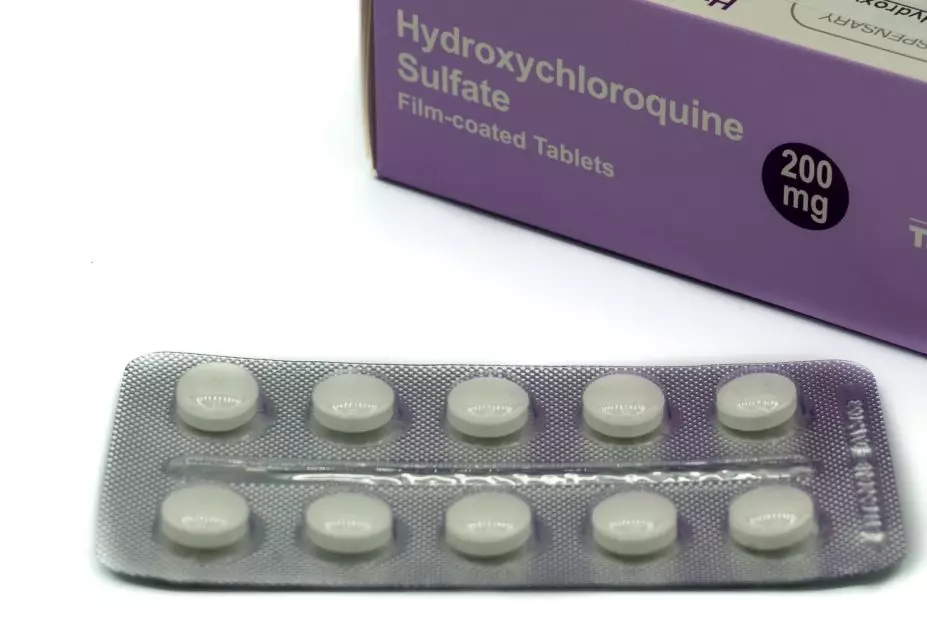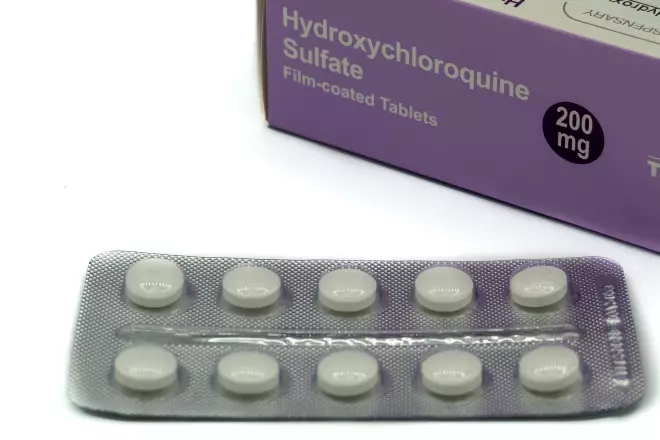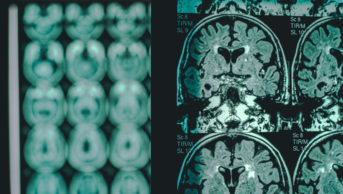
Shutterstock.com
Open access article
The Royal Pharmaceutical Society has made this article free to access in order to help healthcare professionals stay informed about an issue of national importance.
To learn more about coronavirus, please visit: https://www.rpharms.com/resources/pharmacy-guides/wuhan-novel-coronavirus

Source: Shutterstock.com
Hydroxychloroquine received early media attention as a potential ‘game changer’ for people hospitalised with COVID-19
Data monitoring experts have given the World Health Organization (WHO) the all-clear to continue using hydroxychloroquine in its clinical trials to find a treatment for COVID-19, after concerns were raised about the drug’s safety.
The decision to pause the WHO’s SOLIDARITY trial, as well as others investigating chloroquine and hydroxychloroquine, was taken in response to the results of a large observational study published in The Lancet
on 22 May 2020.
The study concluded that the use of either chloroquine or hydroxychloroquine for hospitalised patients with COVID-19 was linked to an increased risk of serious heart rhythm complications and a decrease in in-hospital survival. However, this was retracted after experts raised concerns about the veracity of the database used in the study.
On reviewing the available mortality data from the study so far, the SOLIDARITY trial’s Data Safety and Monitoring Committee (DBMC) concluded that there was no reason to modify the trial protocol and endorsed the continuation of hydroxychloroquine use.
According to the European Medicines Agency, a preliminary review of the UK’s ‘Randomised evaluation of COVID-19 therapy’ (RECOVERY) trial, a large ongoing study on hospitalised COVID-19 patients, did not identify reasons to suspend or stop the trial, so it was allowed to continue.
However, the hydroxychloroquine arm of the UK’s ‘Platform randomised trial of interventions against COVID-19 in older people’ (PRINCIPLE) study is yet to be restarted.
The decision on whether or not to restart the use of hydroxychloroquine in the PRINCIPLE trial, as well as other UK COVID-19 trials, is still under consideration by the Medicines and Healthcare products Regulatory Agency (MHRA).
Richard Hobbs, head of the Nuffield Department of Primary Care Health Sciences and co-principle investigator on the PRINCIPLE trial, told The Pharmaceutical Journal that he would be “surprised” if the MHRA did not permit them to carry on with the trial.
“There was not sufficient detail in the paper to check whether they adequately adjusted for potential confounders — the authors themselves said you cannot judge a drug’s safety on the data that they were using, which you can’t — you need randomised control trials, which is why trials like PRINCIPLE exist,” he explained.
The impact of The Lancet study on clinical trials raised serious concerns within the scientific and medical community.
In an open letter to the authors of the study and Richard Horton, the editor of The Lancet
, numerous clinicians, researchers, statisticians and ethicists from across the world highlighted “both methodological and data integrity concerns” with the ‘Surgisphere’ database on which the study relied.
The Lancet then announced on 4 June 2020 that the authors had requested to retract the study after ‘Surgisphere’ declined to transfer the full dataset and other material to a team of independent reviewers, leading The Lancet to say it could “no longer vouch for the veracity of the primary data sources”.
A similar letter of concern was sent to Eric Rubin, the editor-in-chief of the
New England Journal of Medicine (NEJM) about another study, published on 1 May 2020, analysing cardiovascular disease and mortality of hospitalised COVID-19 patients, which relied on the same ‘Surgisphere’ dataset as in The Lancet study.
The experts said that the “integrity” of the ‘Surgisphere’ database was “critical” to the validity of both studies and that “major concerns” had been raised about the statistical methods, the provenance of the data and the “lack of ethical oversight”.
The study in the NEJM has now also been retracted.
In a statement, the WHO said that there was “no current evidence” of drugs that would effectively reduce mortality in COVID-19 and the only way to get the necessary evidence and definitive answers on potential therapeutics was through well-conducted randomised trials.
“This is why the WHO encourages researchers to continue carrying out trials and studies on different drugs to reduce the severity and mortality of the disease,” the statement said.
“We hope that the ongoing trials will continue so we can have further evidence on the efficacy of this drug.”
The DBMC will continue to monitor the safety of all therapeutics being tested in the SOLIDARITY trial; so far, more than 3,500 patients have been recruited in 35 countries.
Since this article was published, a statement from the chief investigators of the RECOVERY trial has confirmed that they will be stopping the enrolment of patients to the hydroxychloroquine arm of the trial, after preliminary results showed that the drug had no benefit for patients hospitalised with COVID-19.


